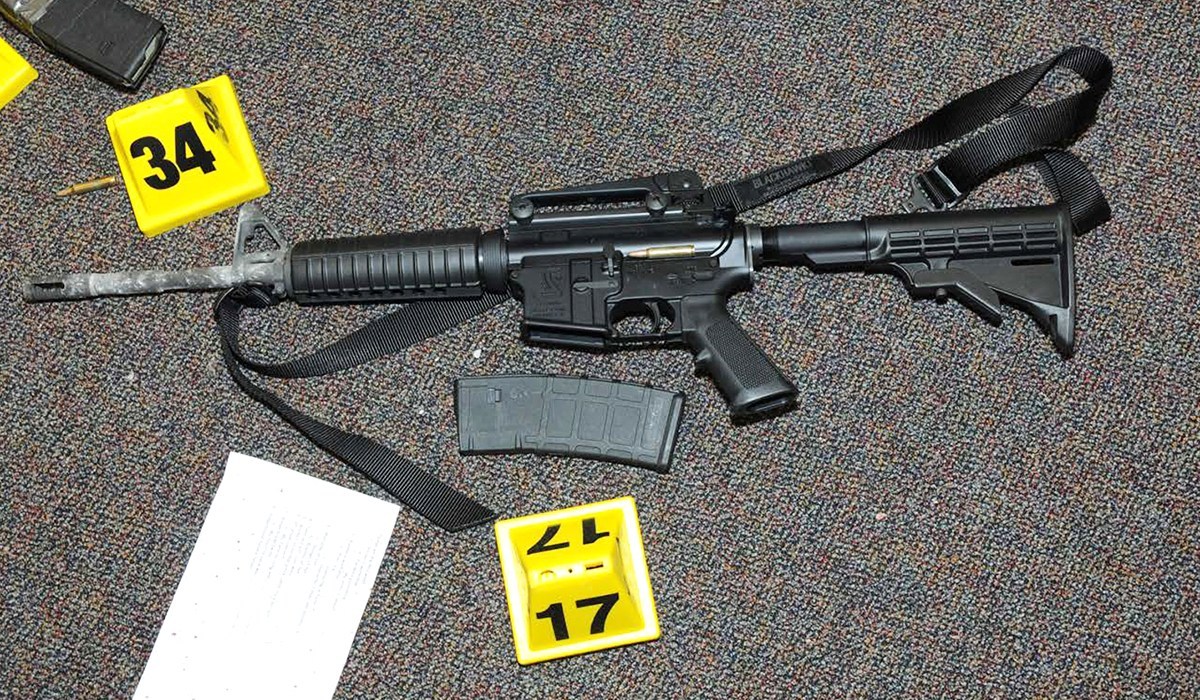Kerby Anderson
The Connecticut Supreme Court is allowing a lawsuit from the Sandy Hook shooting to go forward. Kevin Williamson refers to it as a “Bogus Lawsuit Against Remington.” He raises important questions about the propriety and constitutionality of the legal case.
First, he reminds us that in tort law the focus is usually on the entity with deep pockets. That couldn’t be Adam Lanza who killed himself. It probably couldn’t be the institutions that counseled him. Therefore, the focus of the lawsuit is on Remington with the lawyers claiming that the company’s marketing practices contributed to the Sandy Hook shooting.
Second, he also reminds us that this connection doesn’t really work. His mother is the person who purchased the gun. Adam Lanza stole the gun from her and murdered her.
David French joined the discussion by focusing on the federal law that bars plaintiffs from filing suit against gun manufacturers. He argues that “no one thinks that Ford should be held liable if a terrorist drives an F-250 into a crowd. Yet there are activists who believe that, Ruger should be held liable if a bank robber uses an SR9 to commit a robbery.”
In an effort to get around this, the Connecticut court gets creative and tries to apply the unfair trade practices act in order to allow the Sandy Hook lawsuit to go forward. The problem is that there is nothing in the ads for the gun that describes or urges illegal conduct.
Toward the end of the legal opinion, it becomes obvious that the real target is not the ad for the gun but rather the gun itself. They describe it as a “quasi-military, semiautomatic assault rifle” and thus see the lawsuit as legitimate.
This is a bad decision from the Connecticut court and reason enough for the U.S. Supreme Court to step in and reverse it.
 Listen Online
Listen Online Watch Online
Watch Online Find a Station in Your Area
Find a Station in Your Area










 Listen Now
Listen Now Watch Online
Watch Online
